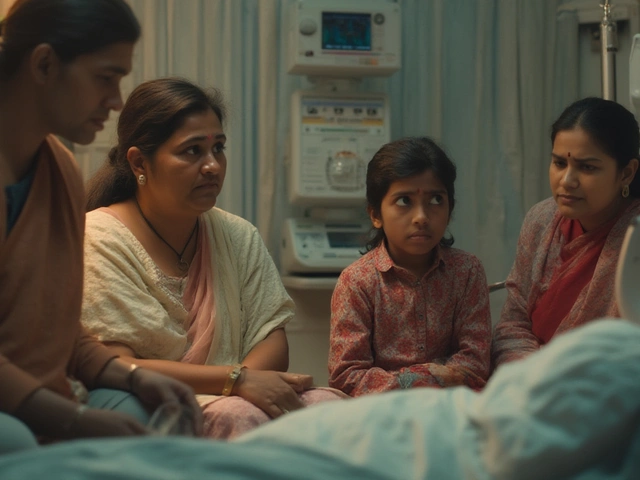Psychological Problems Caused by Medicine: What to Watch For
If you’ve ever felt unusually sad, anxious, or confused after starting a new drug, you’re not alone. Many medicines sold in India carry hidden mental‑health side effects. These effects can show up fast or develop over weeks, and they often get missed because people focus on physical symptoms. Knowing which pills can mess with your mind helps you catch problems early and keep your mental health safe.
Common Mental Side Effects of Everyday Drugs
Below are the drug groups that most often tip the emotional balance:
- Steroids (prednisone, dexamethasone): Mood swings, irritability, and even psychosis can appear after a few days of high‑dose use.
- Antihistamines (diphenhydramine, cetirizine): Drowsiness is expected, but some people also experience anxiety or memory fog.
- Opioid painkillers (tramadol, morphine): Apart from dependence, they can cause depression and reduced emotional response.
- Beta‑blockers (atenolol, propranolol): These heart meds sometimes bring on fatigue, low mood, or a feeling of “being out of it.”
- Antidepressants and anti‑anxiety drugs: Ironically, early weeks can include heightened anxiety, insomnia, or suicidal thoughts.
Even over‑the‑counter supplements aren’t safe from mental‑health effects. Ayurveda herbs with strong alkaloids or high‑dose vitamin B6 can stir up anxiety in sensitive users.
How to Protect Your Mental Health When Taking Medication
Follow these practical steps to stay ahead of drug‑induced psychological problems:
- Read the patient information leaf‑let for any mention of mood changes, confusion, or sleep issues.
- Keep a simple medication diary: note the drug name, dose, and any new feelings you notice each day.
- Tell your doctor right away if you feel unusually sad, angry, or detached. A dosage tweak or a different drug can solve the issue.
- Never stop a prescription abruptly without medical advice – sudden withdrawal can trigger severe anxiety or panic.
- Invite a family member or friend to watch for changes you might miss. An outside view often spots the subtle signs first.
In India, many pharmacies sell drugs without a prescription, raising the risk of self‑medication. If you buy a medicine over the counter, double‑check its mental‑health profile online or ask a qualified pharmacist.
Remember, mental health is as important as physical health. If you’re already dealing with depression or anxiety, discuss every new drug with your psychiatrist. They can weigh the benefits against the risk of worsening your symptoms.
Bottom line: medicines can change how you think and feel, but you don’t have to suffer in silence. Spot the signs early, keep a record, and talk to your healthcare provider. Your brain deserves the same care you give your body.

How to Solve Psychological Problems with Practical Therapy Techniques
Struggling with mental challenges? Discover practical ways to tackle psychological issues using therapeutic techniques. This article explores various strategies, from understanding your mind's complexities to effective self-help practices, helping to improve your mental well-being. You'll find actionable advice aimed at enhancing your mental health journey.




